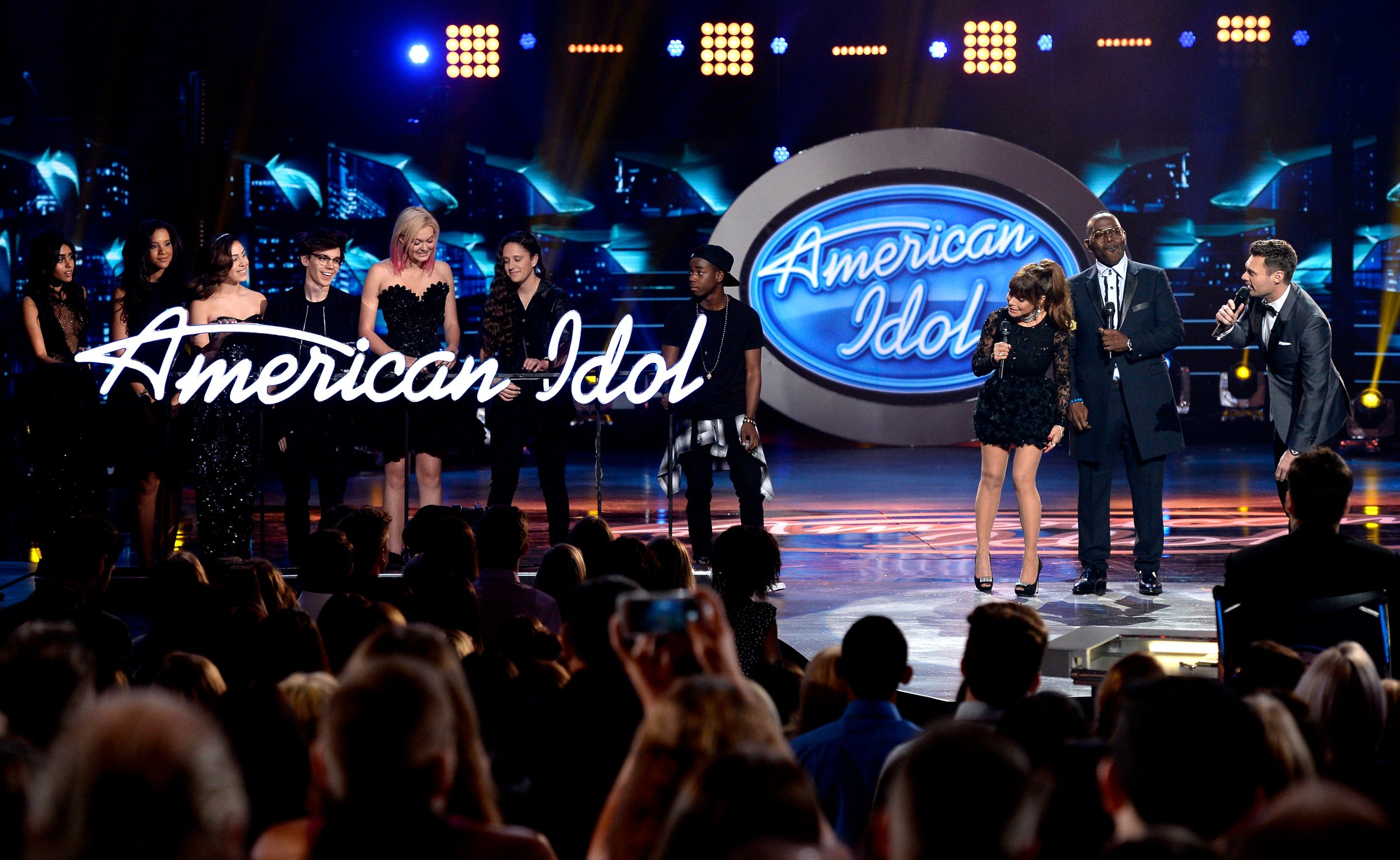
Thursday night’s farewell episode of American Idol was poorly produced, at times slack in pace, and subject to simply bizarre decisions as to staging and song choice.
It was, in short, American Idol, and even those who tuned into the juggernaut show after years away found something they knew they were going to miss.
The series — in recent years a victim of its talent-show component taking a backseat to its judges’ celebrity — was at its best all about democracy. And on Thursday night it provided a sort of recall election, placing the vast majority of its alumni performers into stagings chosen seemingly at random. Viewers at home got to re-evaluate just how well past decisions had been made. Yes, Kelly Clarkson and Carrie Underwood, the show’s two most successful winners by far, got showcase performances, proving the show’s success at launching real superstars; several other winners, though, got relatively limited stage time.
All of them, too, were subject to song choices that felt outdated. (Five of them, the so-called White Guys With Guitars who marked the show’s later years in which tween girls were the major voting base, were limited to 20 percent apiece of a David Bowie tribute.) Jordin Sparks and Taylor Hicks, two relatively early winners, had arguably less to do than Pia Toscano, who came in ninth place five years ago. It seems like a historical accident that season three competitors LaToya London, Jennifer Hudson, and Fantasia Barrino were at the time adversaries rather than a girl group, but with their sublime “Bridge Over Troubled Water,” we got a moment to pretend as though the opposite were true.
The giddy randomness was a delight on its own merits and because it distracted from the bits that were, unfortunately, thought out. Idol tended, over the course of the show’s run, to push jokes until they weren’t funny anymore, and so it was that there were performances by William Hung and the “Pants on the Ground” guy (who, in one of the evening’s most noticeable moments of poor decision making, wasn’t just left to flail on his own but was pitted in a sing-off against an actually talented Idol alumna, Allison Iraheta. Weird!). Past judge Kara DioGuardi, for some reason, got a solo singing spot of her own, as did Jennifer Lopez, whose elaborate number was a tribute to the sort of flashy showmanship that has never helped a single Idol competitor win.
Idol‘s history was, it became clear over the course of the evening, far more fun to have lived through than to relive. Take the meta reappearance of season 1 cohost Brian Dunkelman, joking about how his career has flatlined since, or the long and strained appearance by the show’s first judges, featuring the overblown “chemistry” of Simon Cowell and Paula Abdul. They felt like happy reminders that this was out of our lives, that watching Abdul pretend to be angry at Cowell, or whatever, was in the past. It was only the music that created a real sense of loss. Not because it was all well-executed or judiciously chosen, but because sitting at home thinking about why it was poorly executed or a poor song choice was the sort of fun Idol generated for years.
Surely no one believes that in this era of 24 and Prison Break revivals at Fox, Idol won’t be back within, say, five years. The show itself did more than hint at the possibility; the “farewell season” ends with host Ryan Seacrest saying “Good night, America… for now.” But it’s worth believing, if erroneously, that Fox might leave well enough alone. Its moment seems conclusively over. This final episode had a lot of good in it, but if I’d been offered the opportunity to vote on which contestant I liked the best, I wouldn’t have known what to do.
See American Idol's Most Successful Alumni
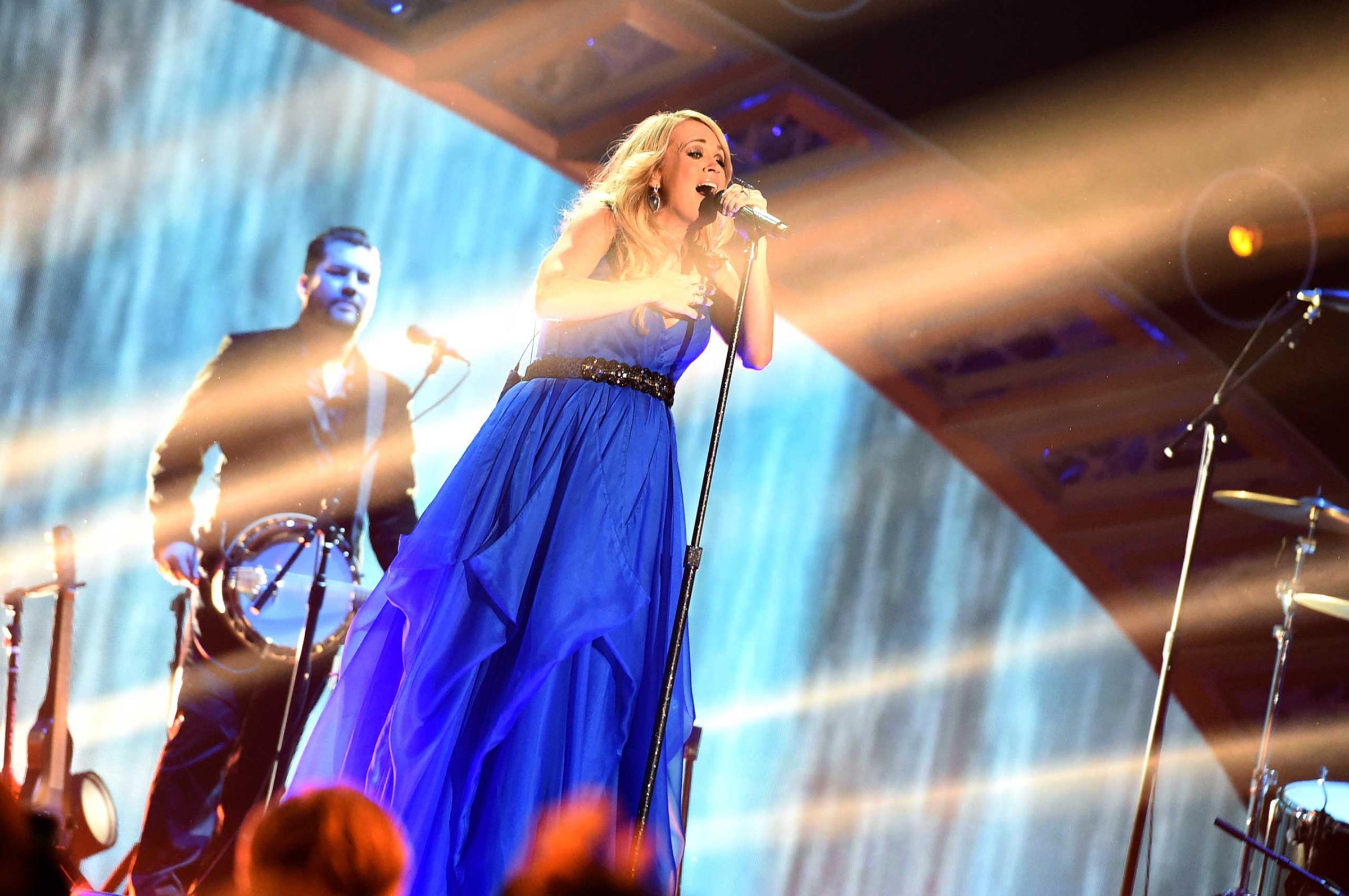
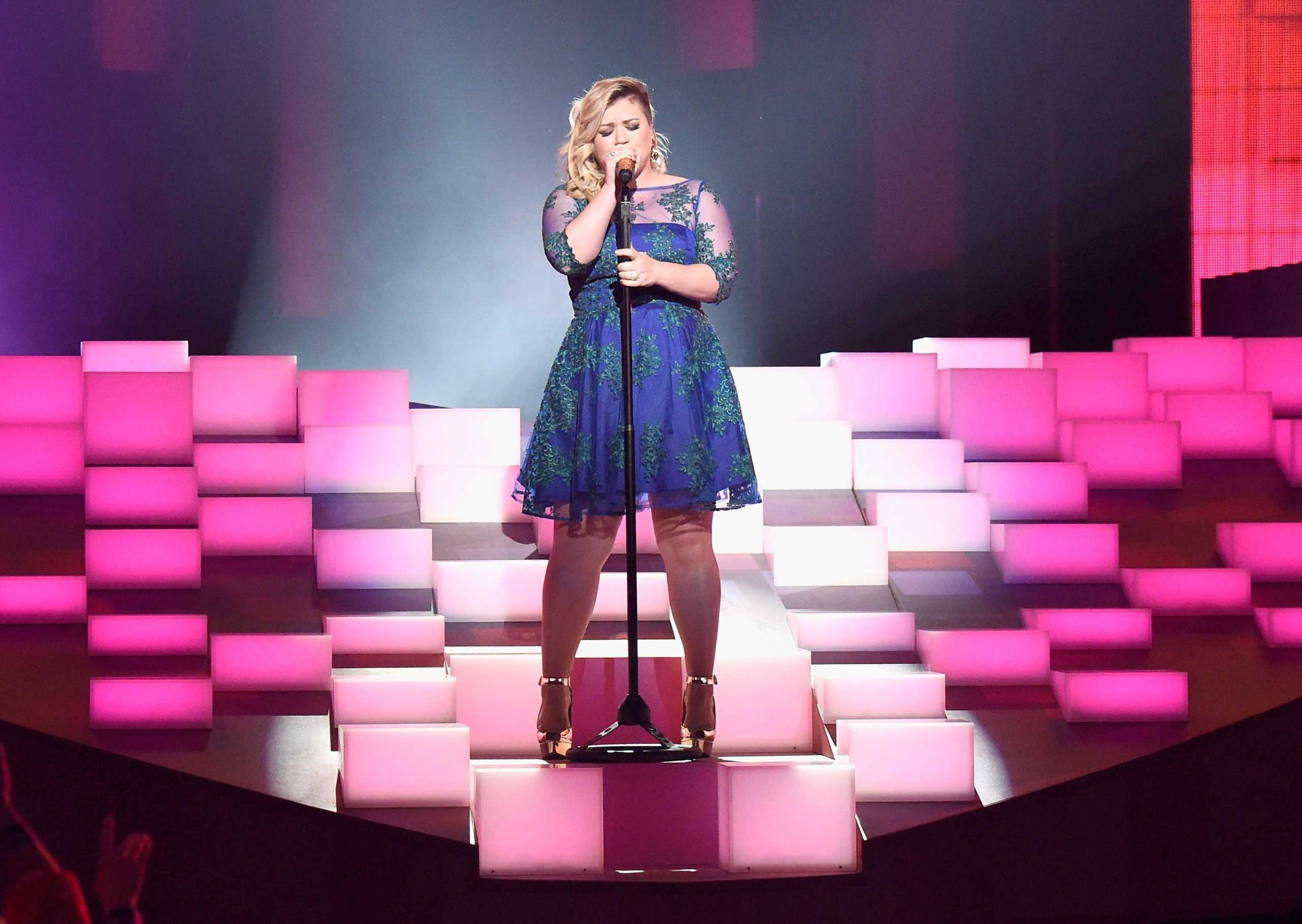
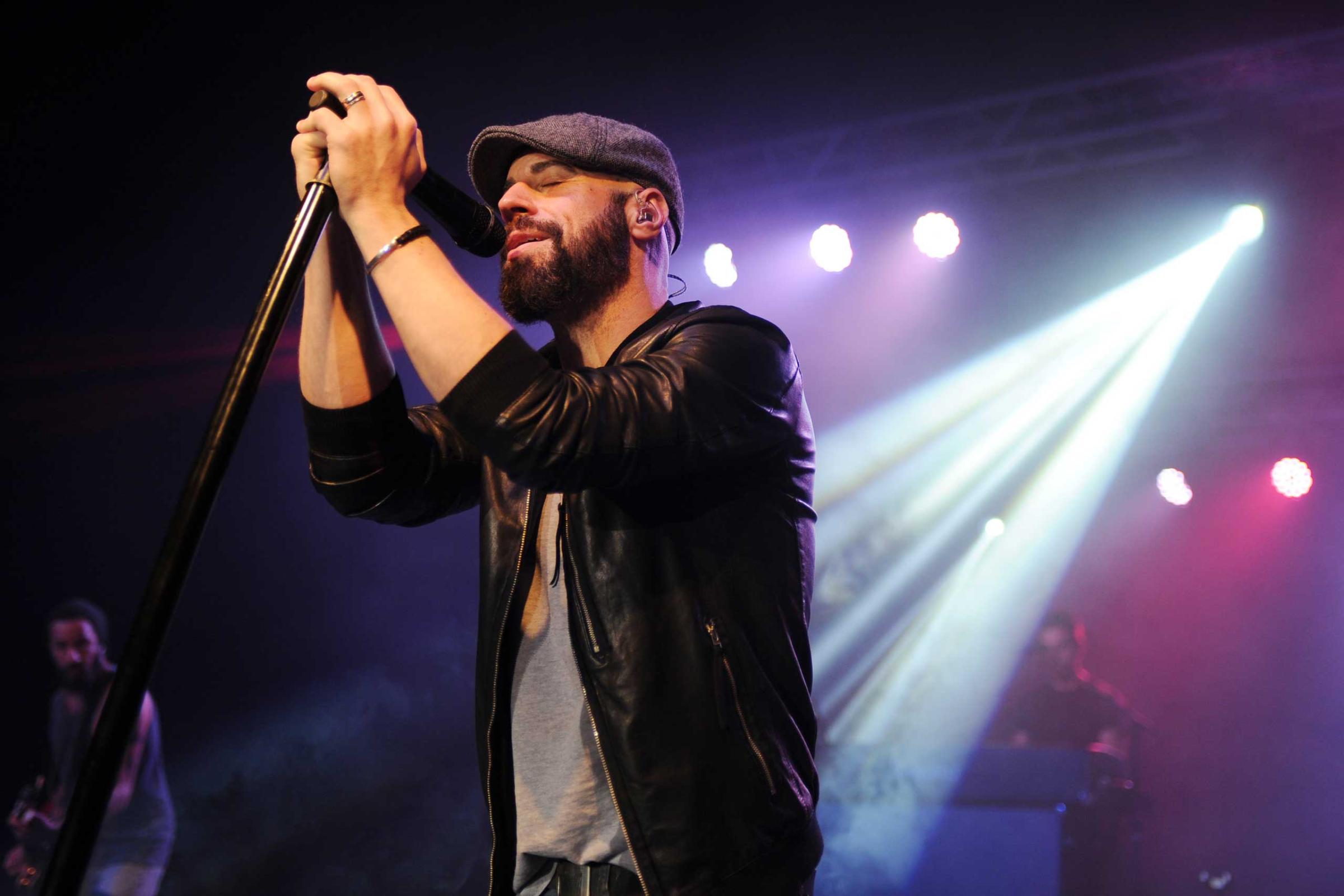
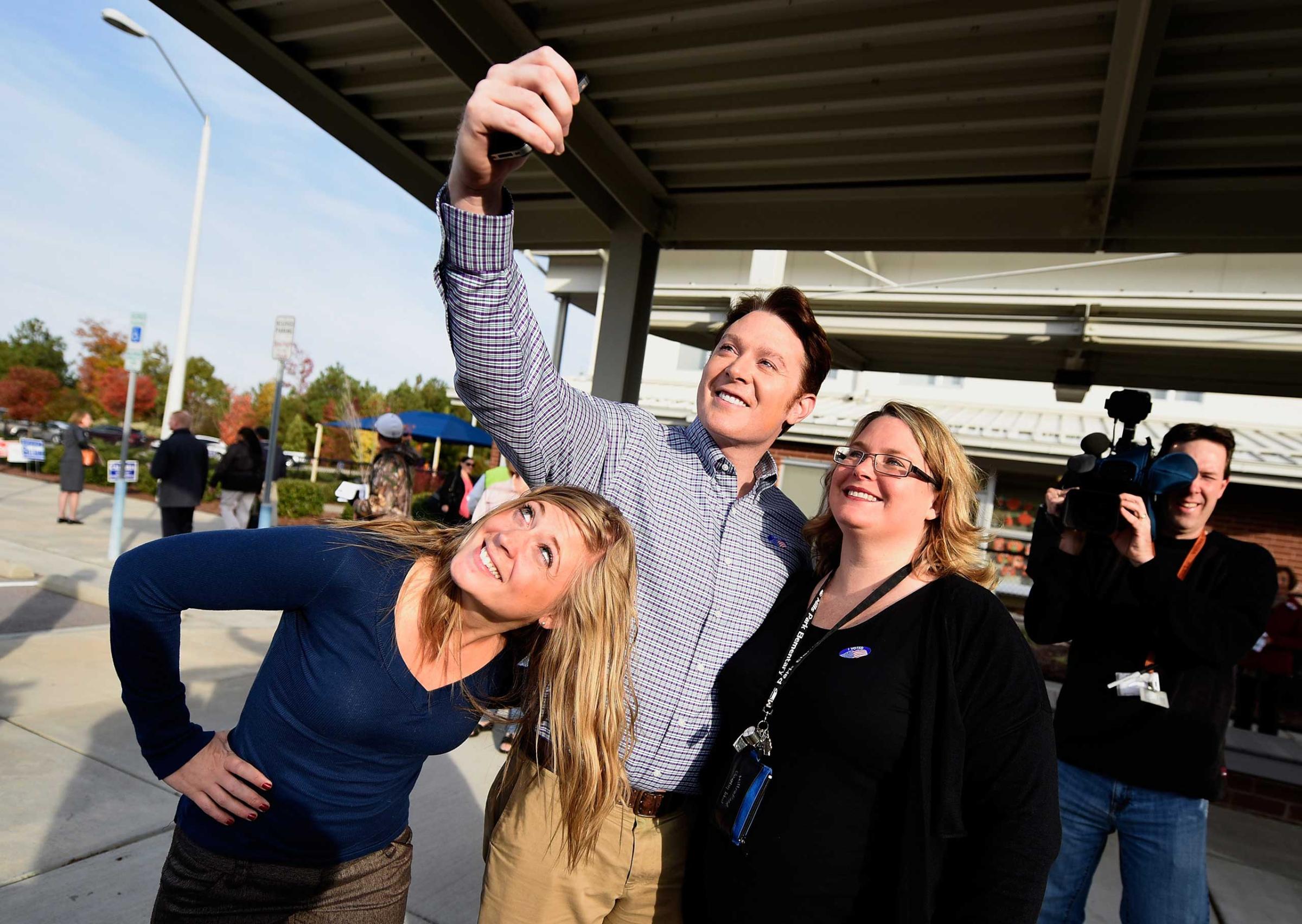
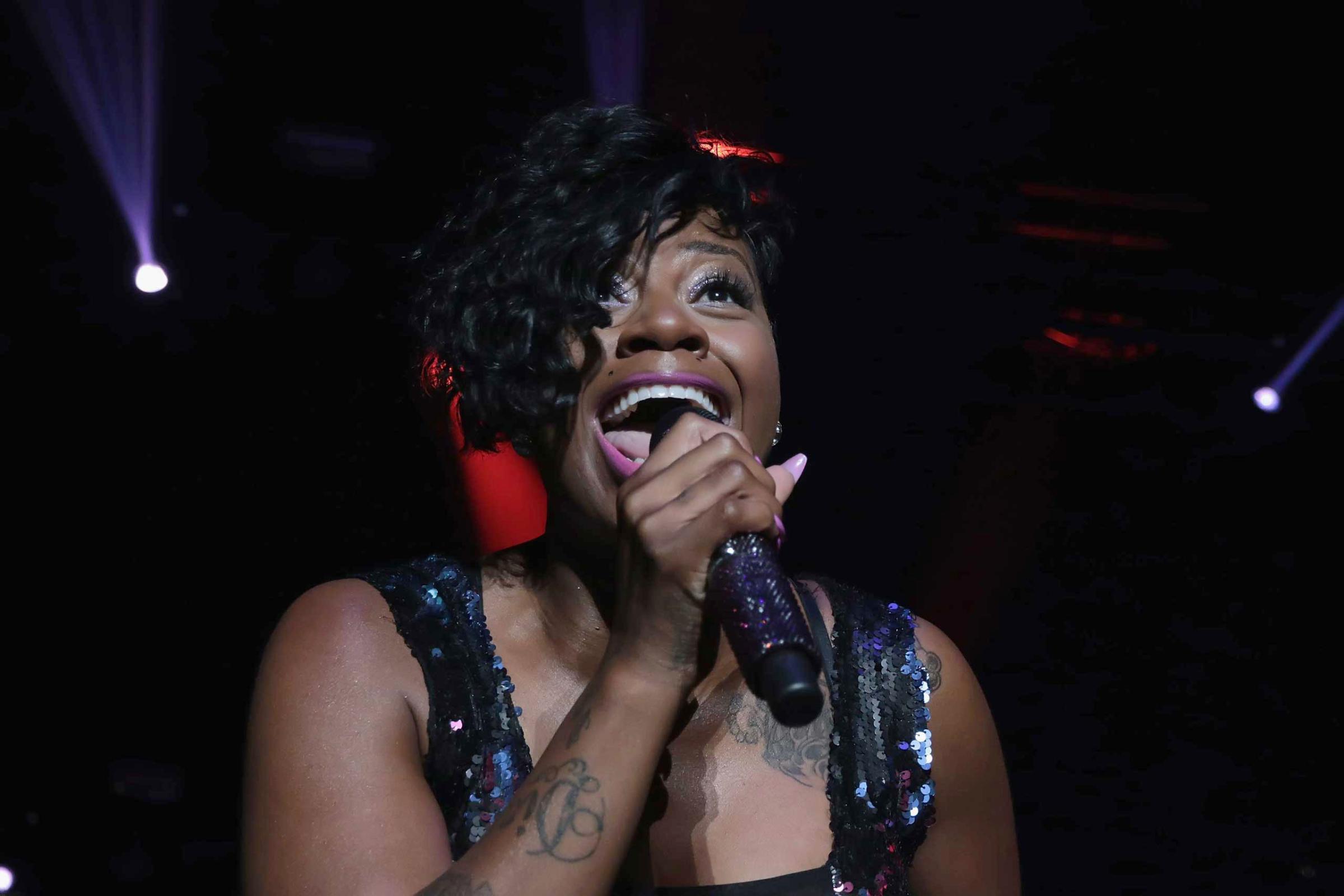
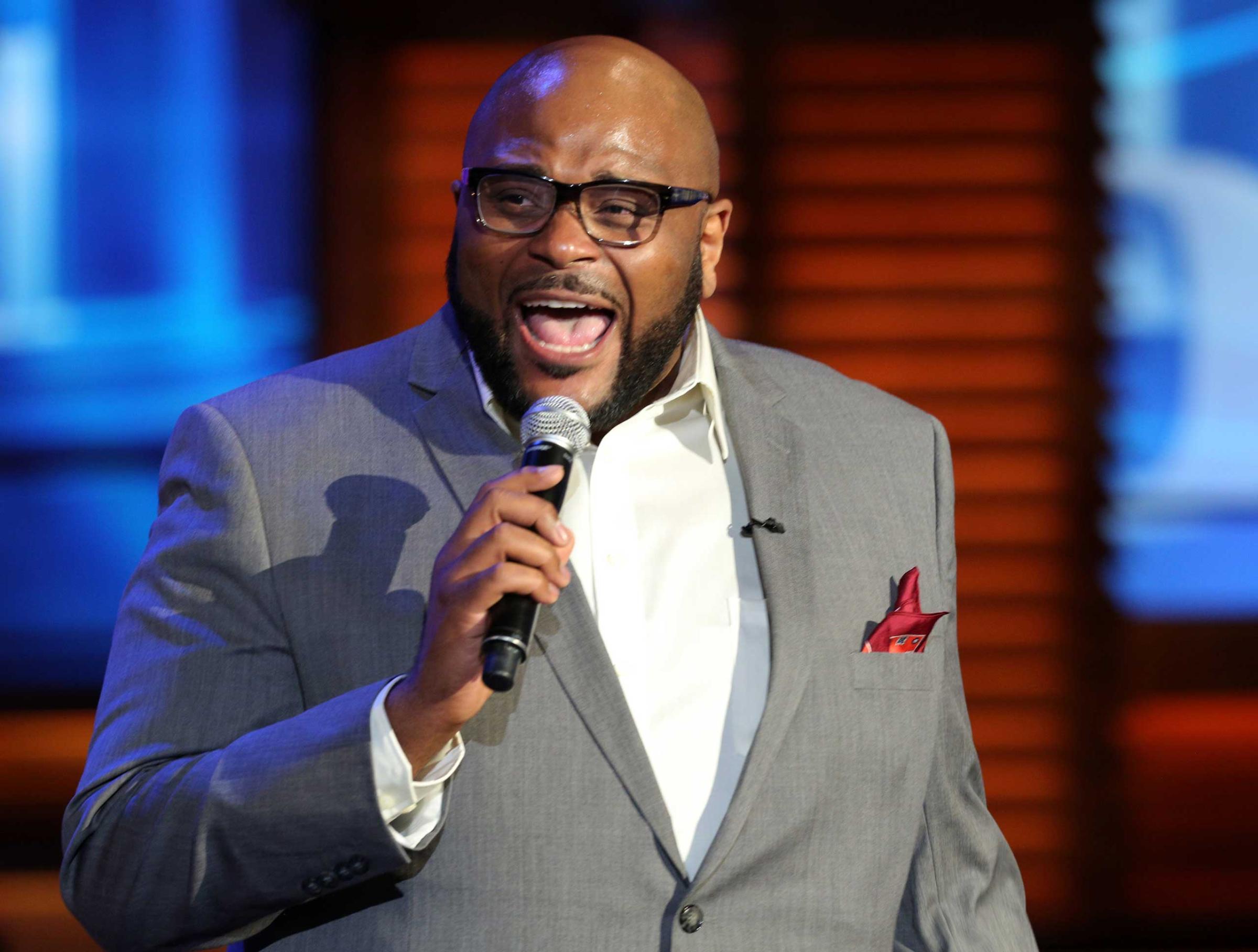
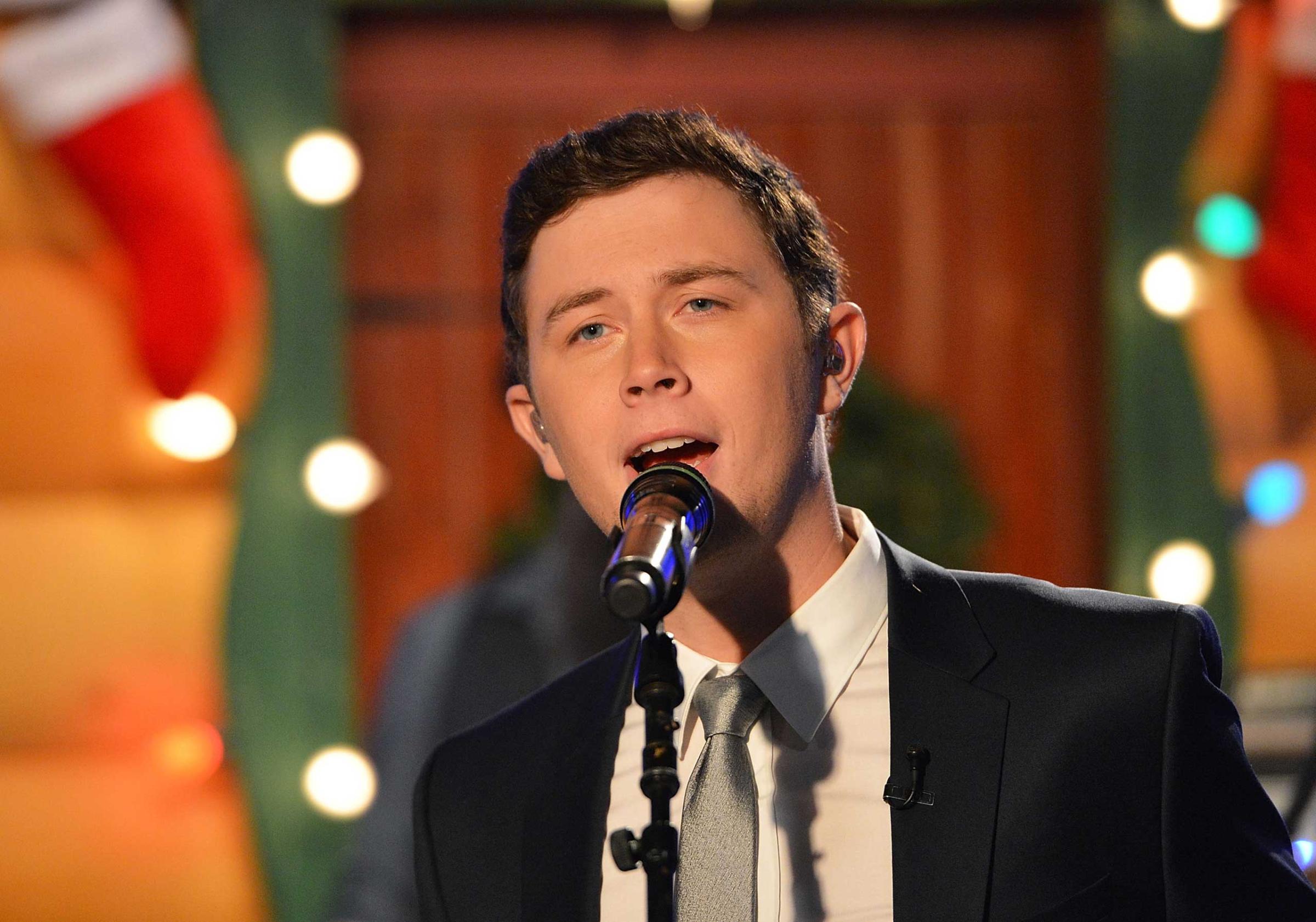
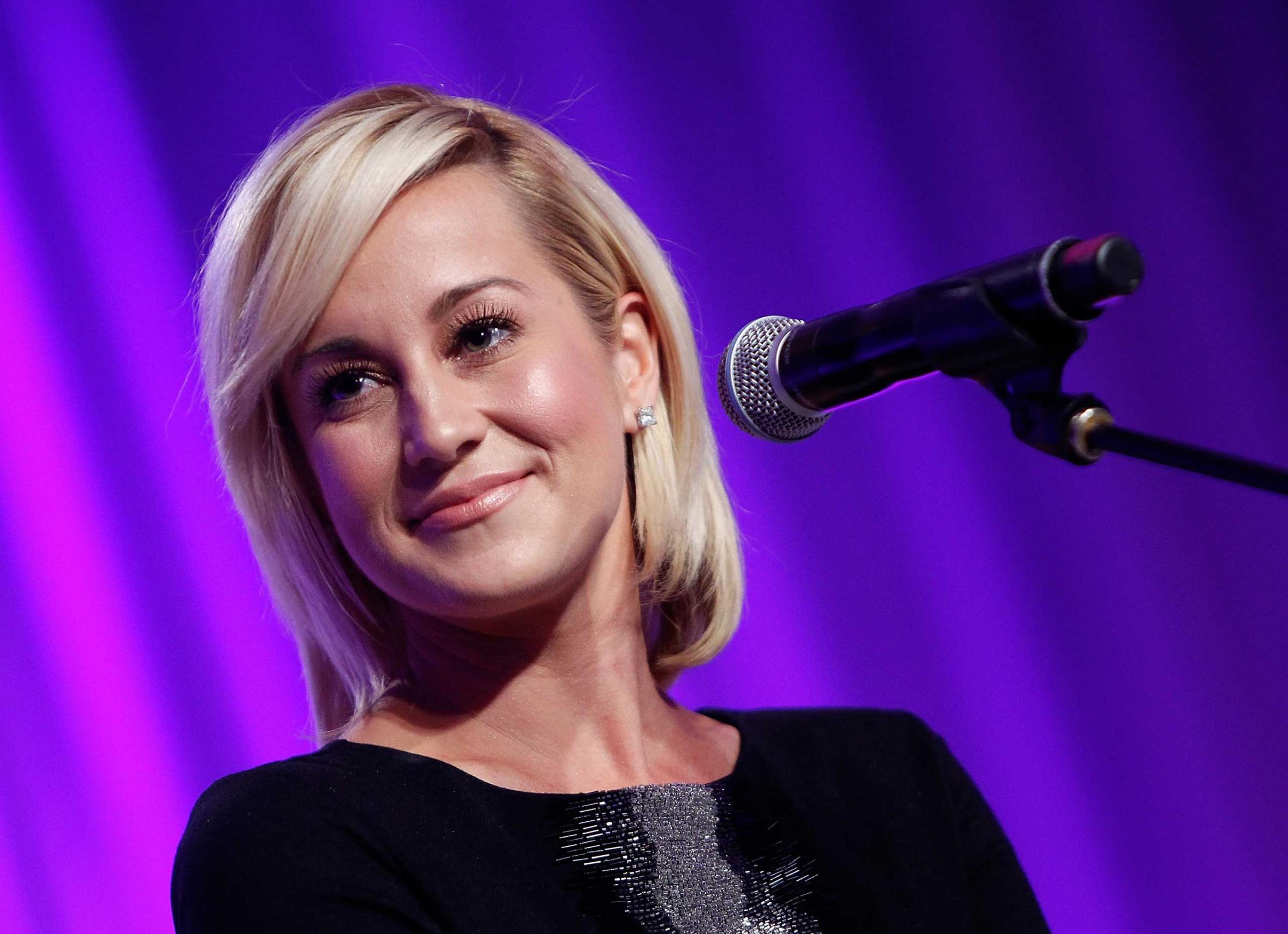
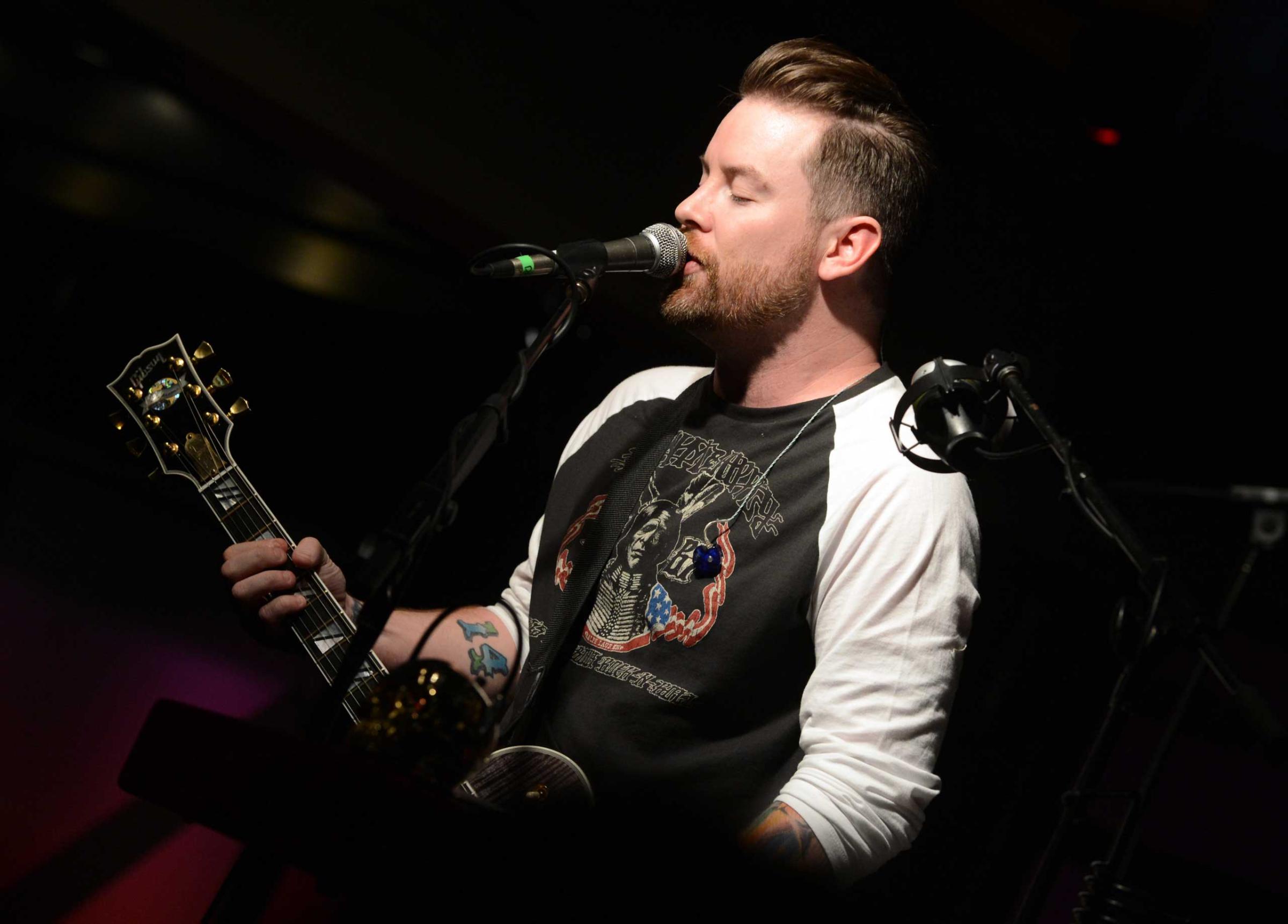
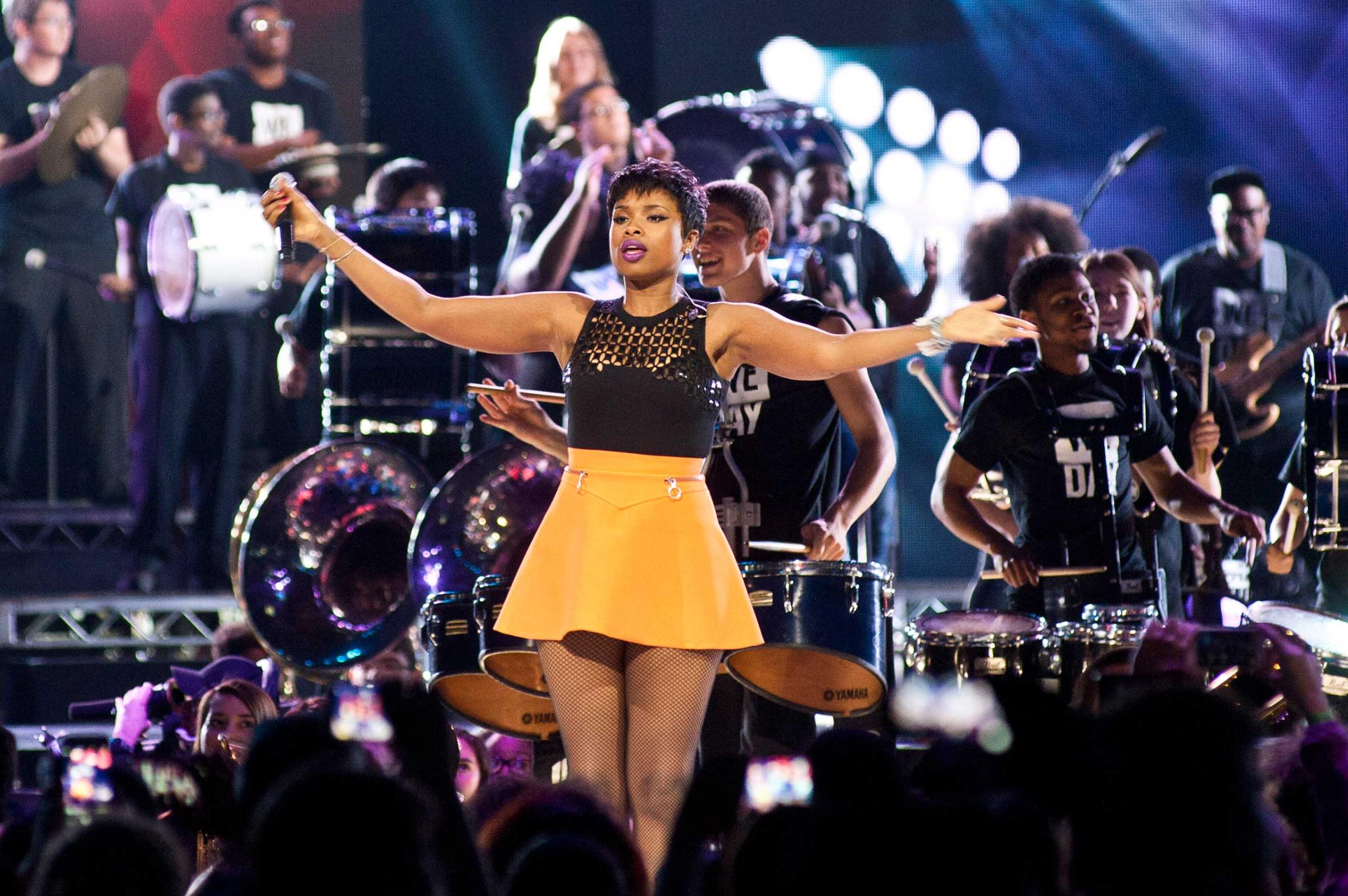
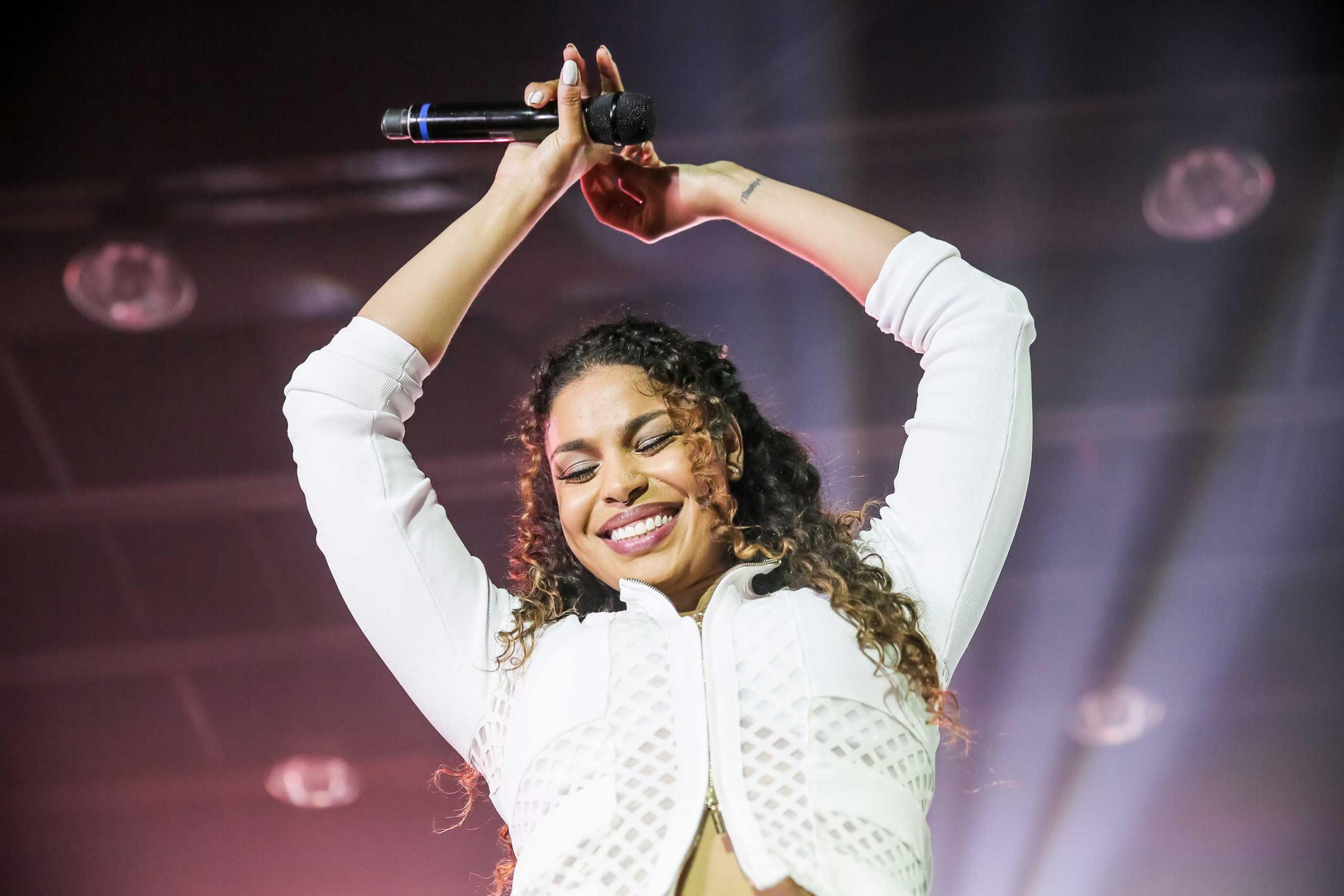
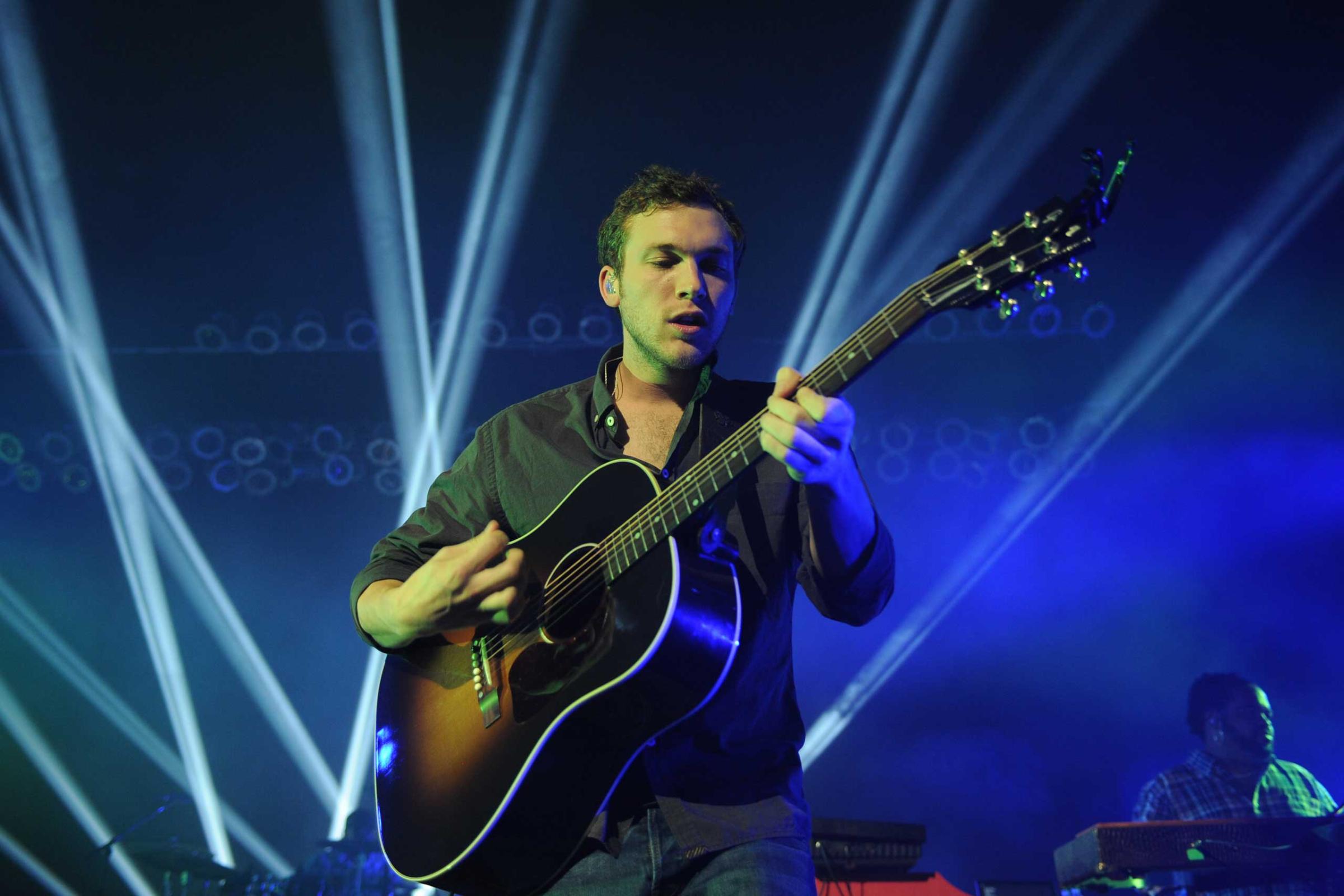
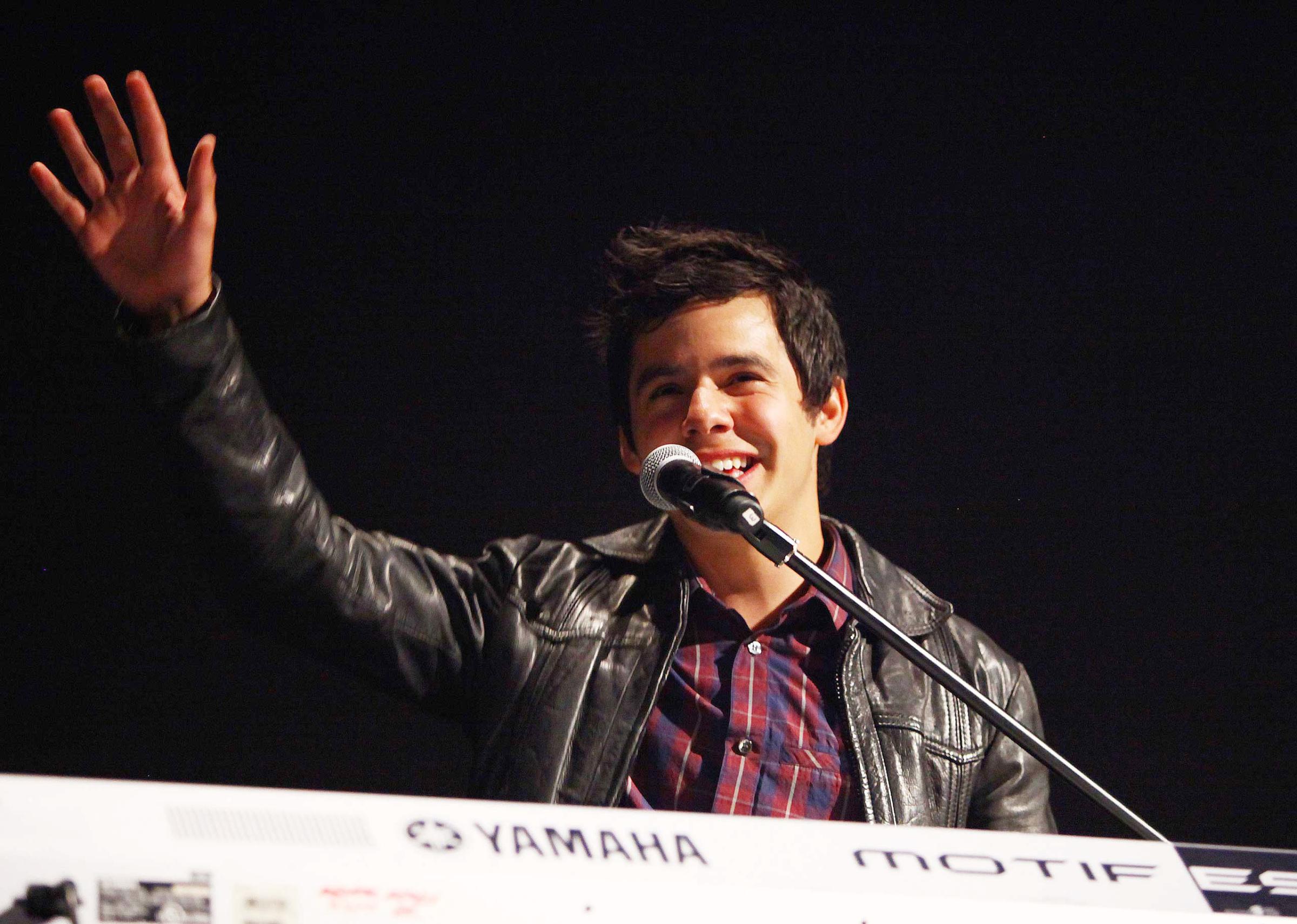
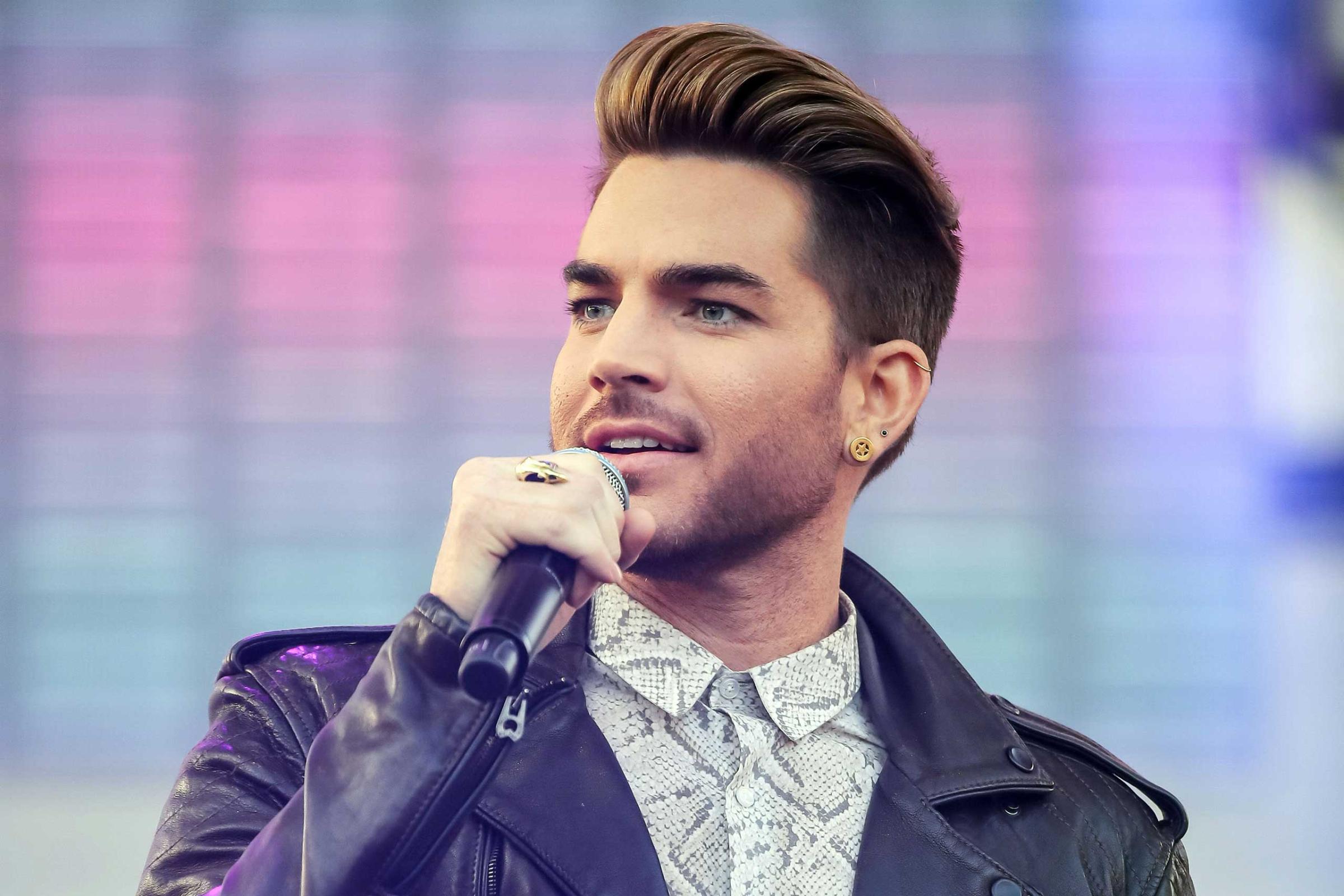

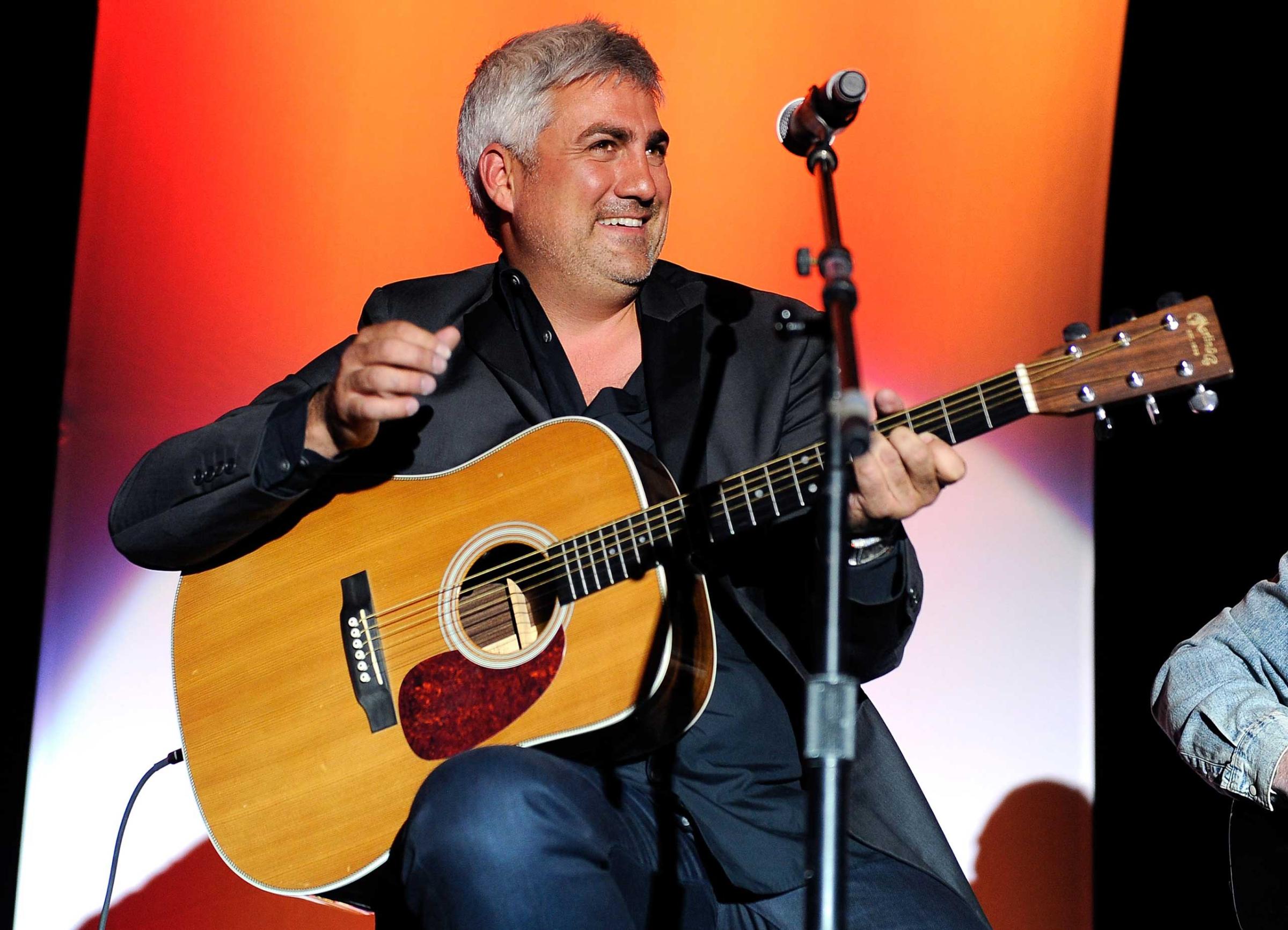
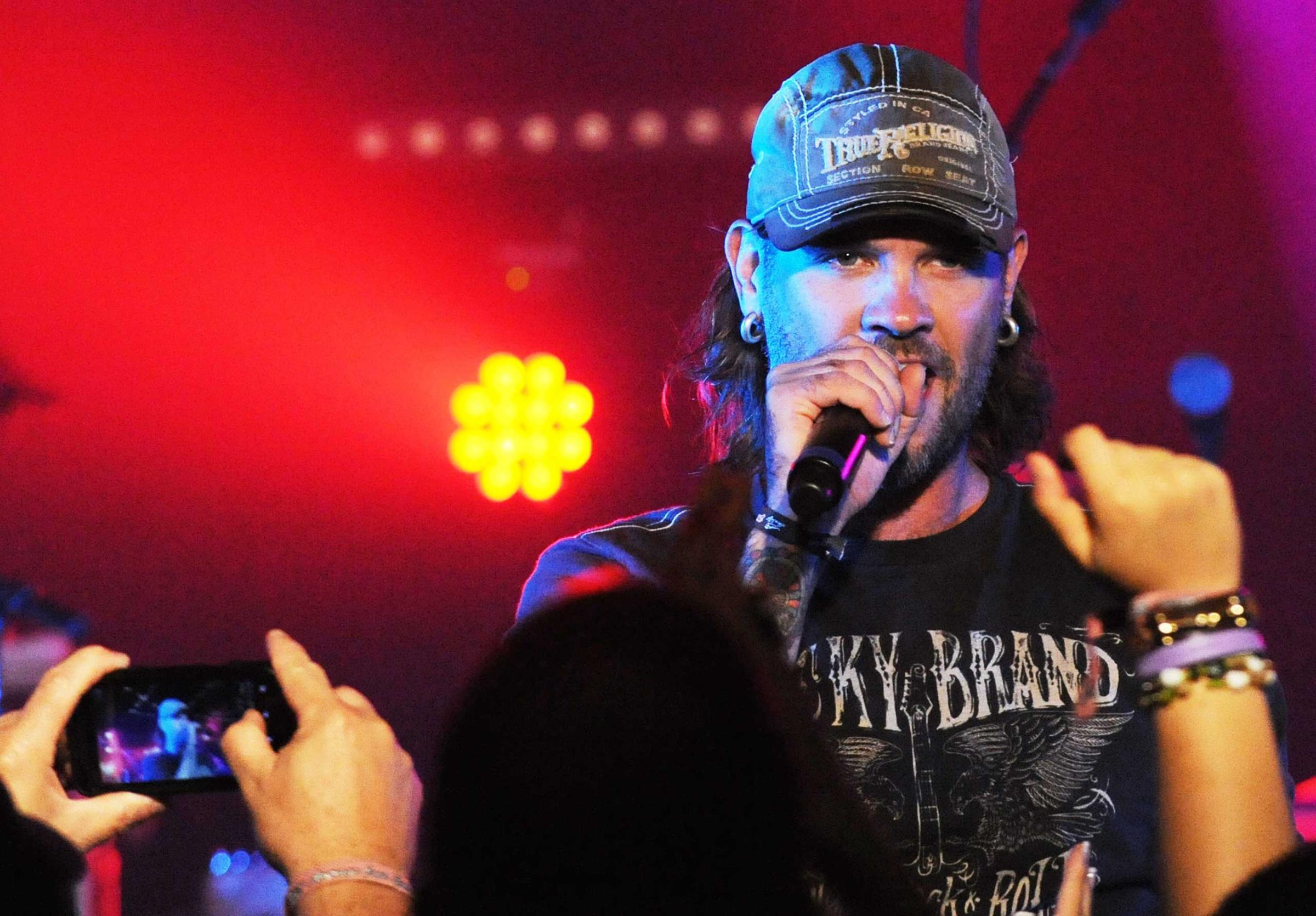
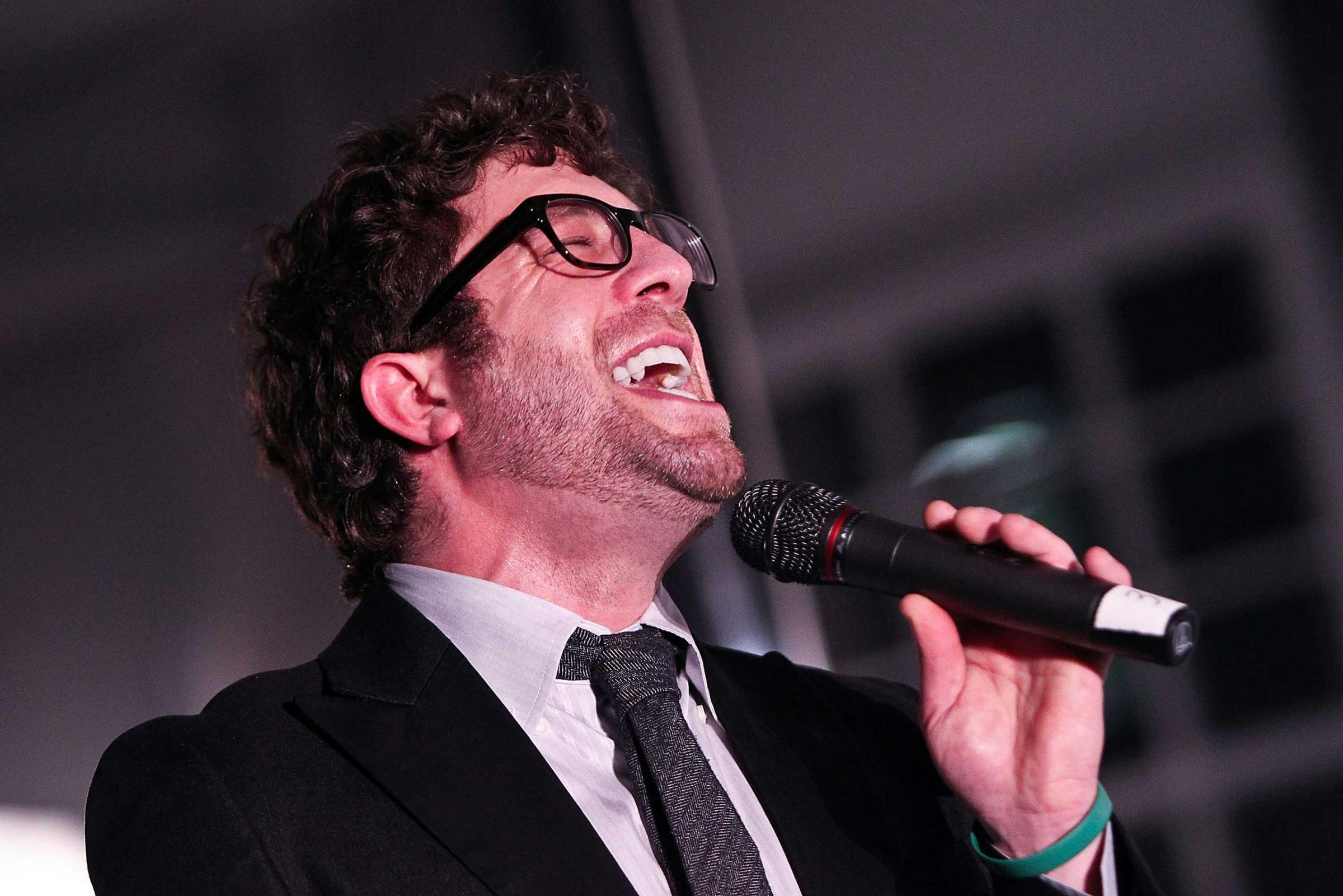
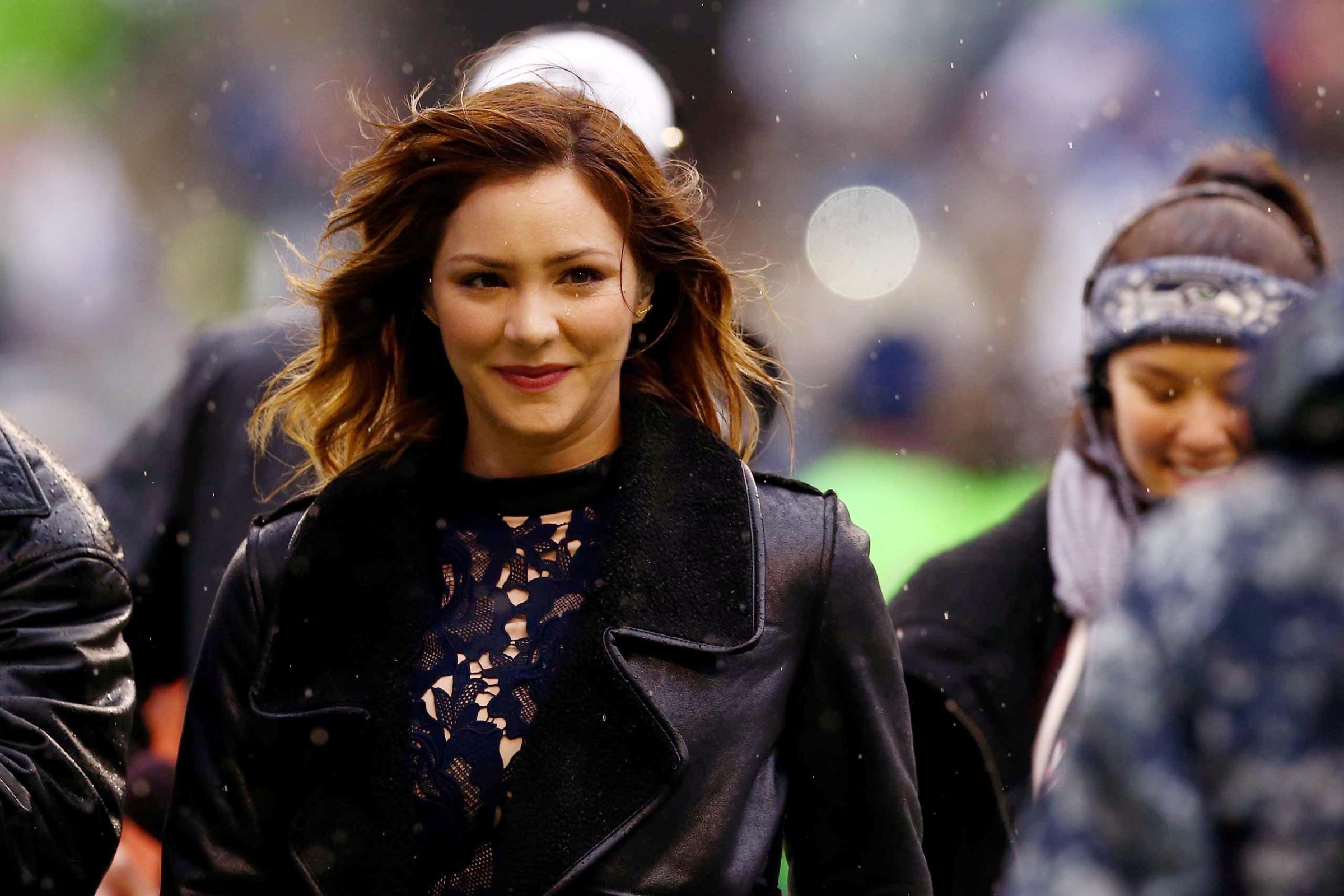

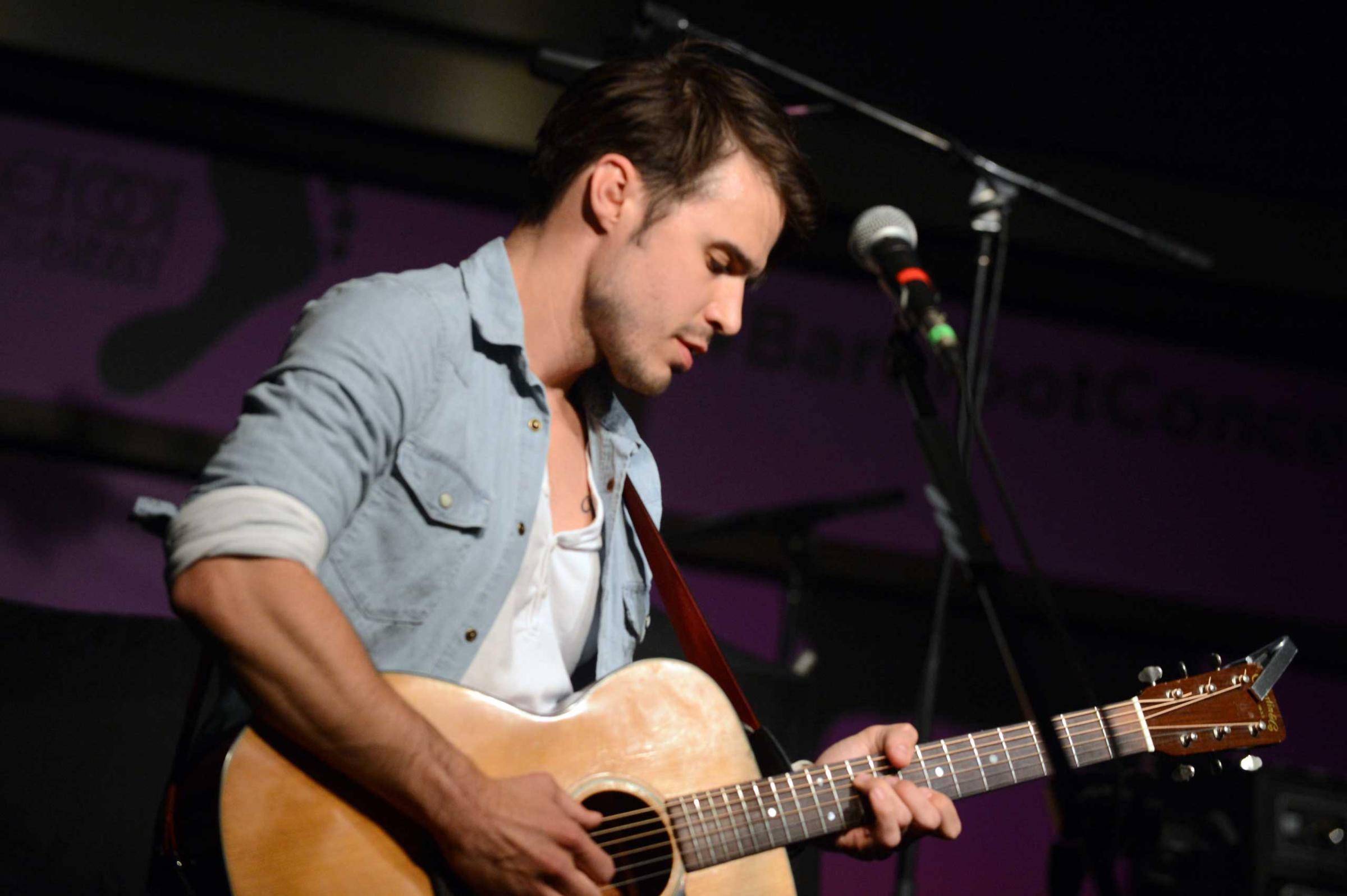
More than that, too, it seems like too much of a good thing. Idol produced enough talented and employable singers to bulk out a two-hour special that only went to the well of comically bad singers or serviceable past judge-singers a couple of times. It seems like enough singers were trained on this show’s particular brand of showmanship, one that’s applicable to nothing in the contemporary media but itself. The difference between the performances of the superstars and the rest—between, say, Underwood, allowed to do what she wants, and LaToya London, placed in a trio to sing Simon and Garfunkel—on the final Idol were glaring. Singing (often beautiful) group covers of retro songs, the Idol alumni were existing, in some cases more than a decade after their TV run, in a competition bubble that looks nothing like modern music. It’s time to let them, and Idol‘s fusty concept of old-fashioned showmanship, go.
More Must-Reads from TIME
- Donald Trump Is TIME's 2024 Person of the Year
- Why We Chose Trump as Person of the Year
- Is Intermittent Fasting Good or Bad for You?
- The 100 Must-Read Books of 2024
- The 20 Best Christmas TV Episodes
- Column: If Optimism Feels Ridiculous Now, Try Hope
- The Future of Climate Action Is Trade Policy
- Merle Bombardieri Is Helping People Make the Baby Decision
Contact us at letters@time.com